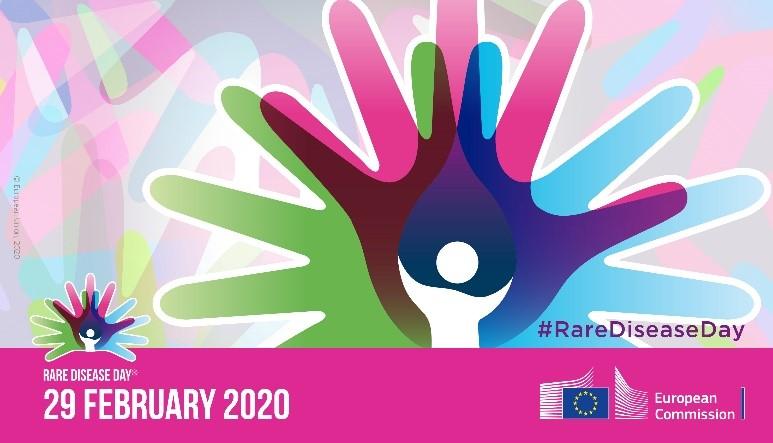
The European Platform on Rare Disease Registration aims at improving our knowledge about, as well as the diagnosis and treatment of, rare diseases in Europe.
Today is Rare Disease Day.
Did you know that 30 million European citizens are affected by more than 6,000 different rare diseases? A disease is "rare" if it affects less than 5 in 10,000 people.
Owing to this rarity, information about rare disease patients is scattered in hundreds of registries across Europe. However, for successful diagnosis, treatment and research of rare diseases, exhaustive patient information contained in registries needs to be available.
That is precisely why the JRC launched, in February 2019, the European Platform on Rare Diseases Registration (EU RD Platform), in collaboration with the Health & Food Safety Department of the European Commission.
There was an urgent need of an EU-level approach in terms of sharing information, knowledge and expertise regarding rare diseases, making the existing registries interoperable and building synergies thus addressing unmet demands of the rare disease community.
How does the Platform work?
Rare disease registries from all over Europe are now joining the EU RD Platform. Registries' data become, for the first time, searchable and findable at EU level.
The Platform focuses on creating a European level overview of rare diseases registries and the information they contain.
This is necessary to reach the critical number of patients needed for epidemiological, clinical, translational, pharmacological studies and research. The Platform focuses on creating a European level overview of RD registries and the information they contain.
To facilitate registration and use of the Platform’s functionalities, the Platform’s website will soon be available in is, among others, under translation in all EU languages. The EU RD Platform works together with the European Reference Networks (ERNs) supporting them to establish new registries.
Furthermore, the Platform’s Central Registry for congenital anomalies (EUROCAT) allows monitoring European trends in the prevalence of congenital anomalies.
It combines Europe-wide data for the investigation of rare congenital anomalies and currently evaluates policies, practices and uptake of new technologies for prenatal screening in European countries.
Related Content
European Platform on Rare Diseases Registration (EU RD Platform)
Details
- Publication date
- 29 February 2020
